
SDG 6: Clean Water and Sanitation 2025 Report
SDG 6 - Clean Water and Sanitation
Ensure availability and sustainable management of water and sanitation for all
We’re committed to managing water sustainably across campus. From real-time monitoring and rainwater harvesting to chemical-free cleaning and drought-resistant landscaping, we’re taking practical steps to reduce waste and protect water quality. Through research and community partnerships, we’re also helping to improve water security and wastewater treatment locally and around the world.
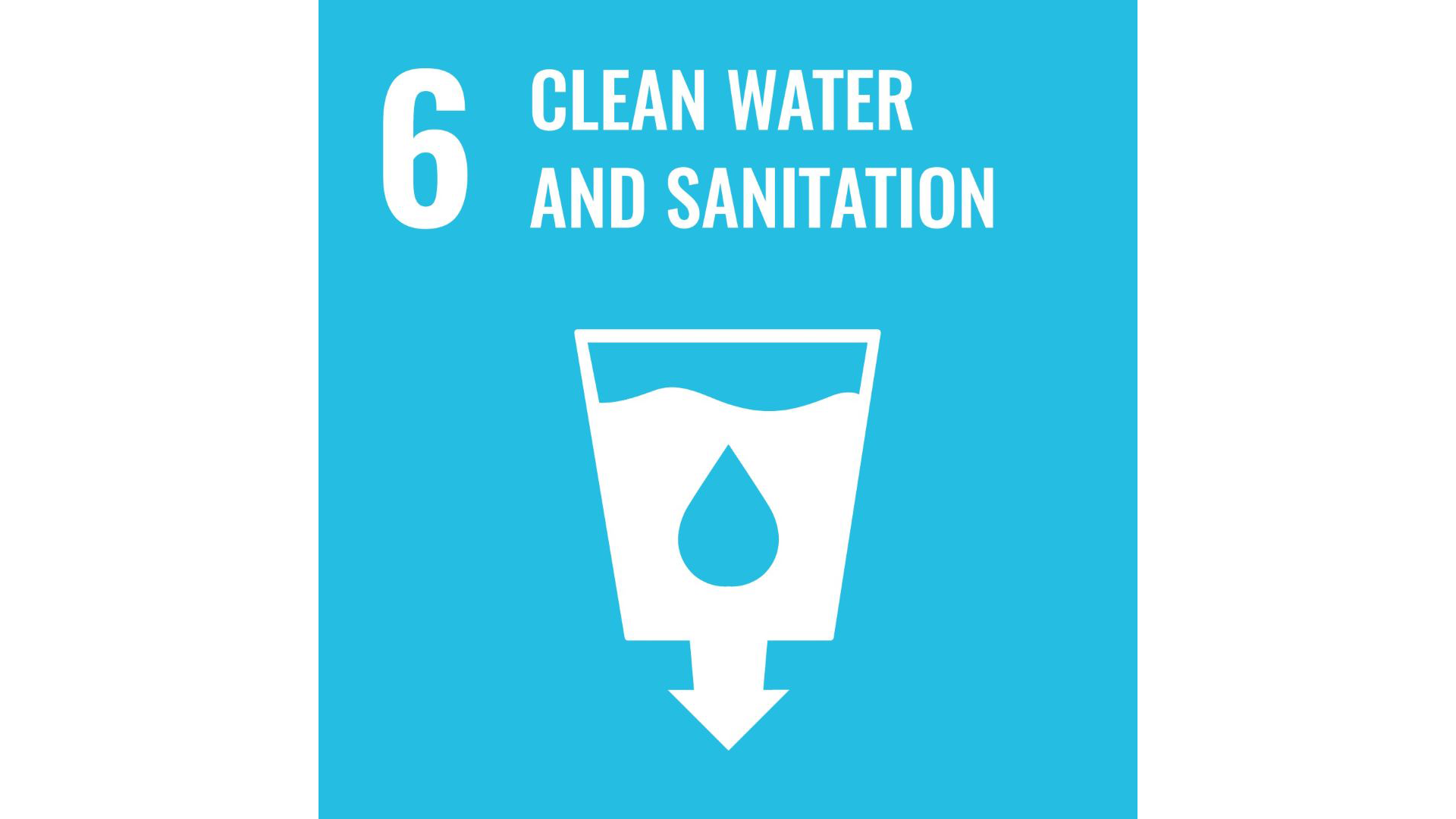
Public and business engagement
Water in the community
We have been recognised for our efforts in providing educational opportunities for local schools to learn about effective water management. This work has been carried out in collaboration with key partner organisations, including the National Coal Mining Museum for England.
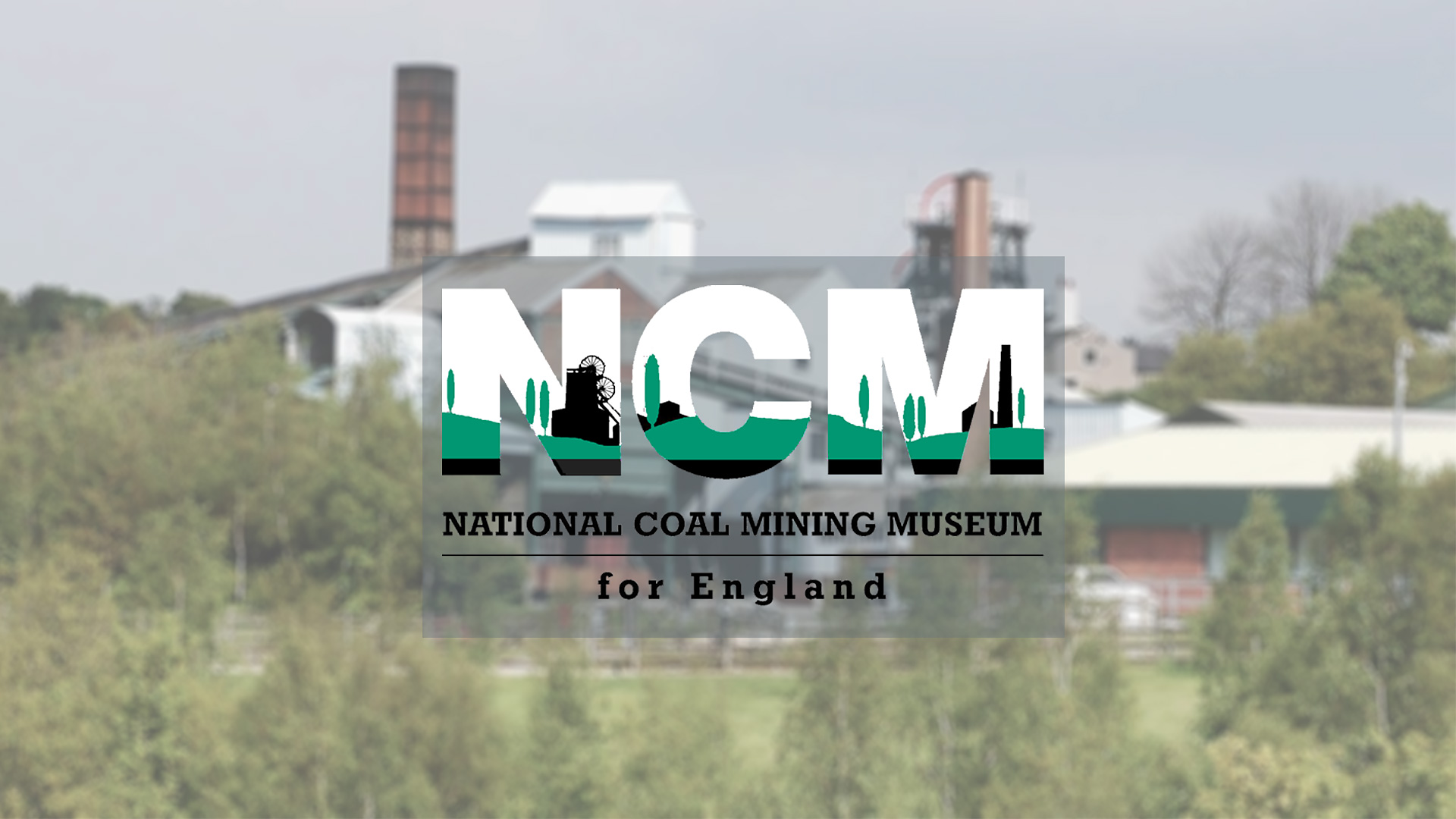
Operations
Water consumption tracking
The University is committed to managing its water usage responsibly and actively addresses its environmental impact. We track our mains water consumption using Automated Meter Reading (AMR) devices, which enable us to detect inefficiencies and collaborate with stakeholders across our campuses to improve water usage practices.
Water usage and care
We have a robust Legionella Management Plan in place, which involves water quality inspections and the testing of all water outlets across our estate on a rolling weekly schedule. This helps to ensure the safety and cleanliness of our water and sanitation facilities. We take measures to prevent polluted water from entering the system, including contamination resulting from accidents or incidents on site. Our pollution prevention strategies also include equipping relevant staff with spillage kits and training, installing secure enclosures around fuel and oil tanks, and ensuring the safe storage of hazardous waste materials such as batteries.
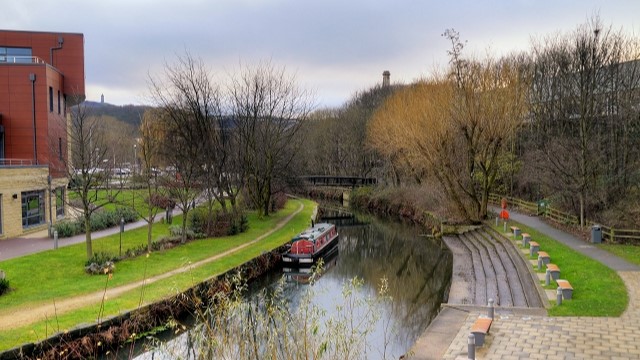
Water-conscious building standards
All new and refurbished buildings on campus are designed with water conservation in mind. We’ve adopted the WELL Building Standard, which promotes sustainable water use through smart design and ongoing management. Our commitment has earned us WELL Platinum certification for both the Jo Cox ‘More in Common’ Centre (2022) and the Daphne Steele Building (2024) on our National Health Innovation Campus.
The Jo Cox ‘More in Common’ Centre was the first UK Higher Education building to achieve the maximum possible grading. In alignment with the WELL standard, the building is equipped with water-saving fixtures and systems. There is increased emphasis on providing accessible drinking water through dispensers, conducting enhanced water quality testing, and maintaining procedures for leak detection, mould prevention, and moisture control.
Water conscious planting
Across the rest of our campus water use is also minimised in the planting policies in our landscapes, and we use drought resistant plants which heavily reduce the need for watering.
Water reuse
We promote water-reuse through large-scale rainwater harvesting systems. The university has adopted a chemical-free cleaning system throughout its campuses, avoiding the need to dilute and rinse chemicals, and our windows are cleaned using a recycled water system.
The School of Applied Sciences has adopted the LEAF sustainable science framework, leading to a reduction in water usage within laboratories. This has been achieved through the widespread use of waterless condensers in experiments and by ensuring glass washing equipment operates only at full capacity, minimising unnecessary water consumption.
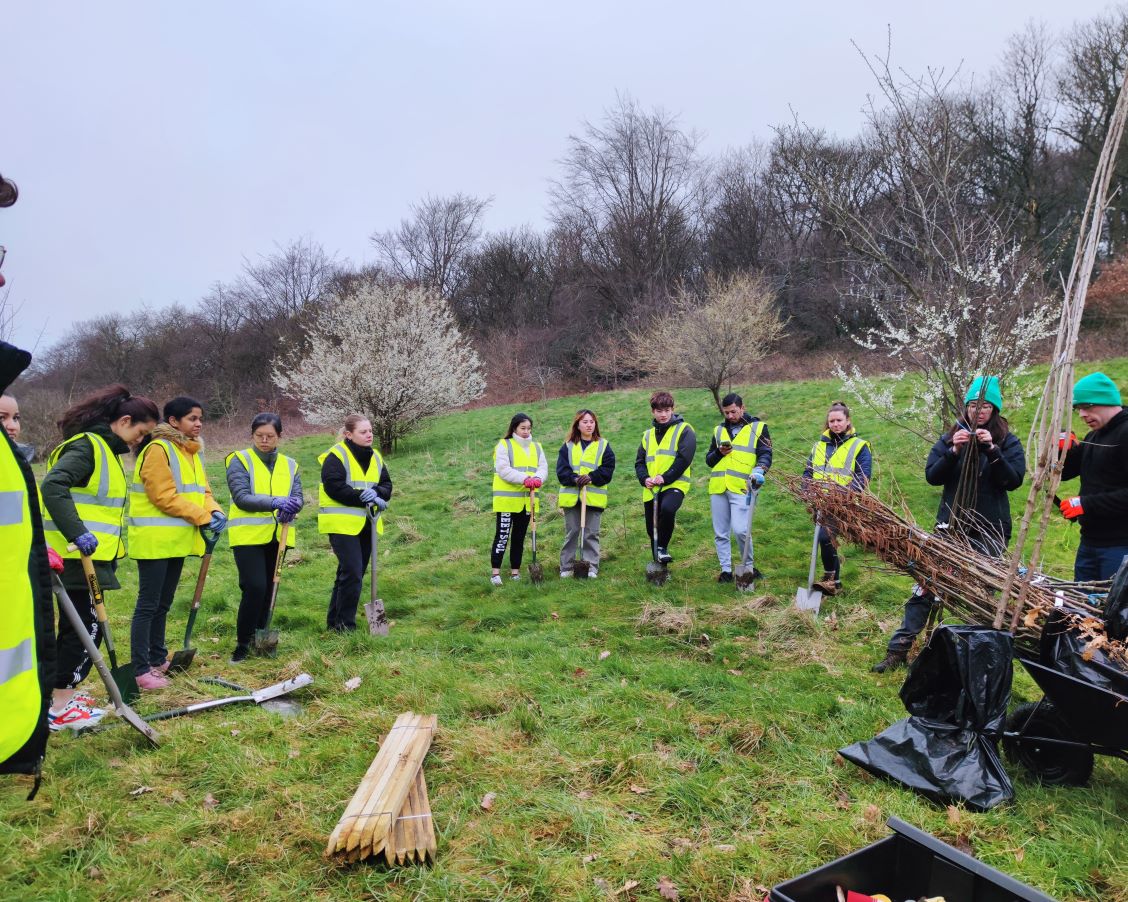
Our research
Our research, notably through the Centre for Wetlands, Environment and Livelihoods, contributes to policy, practice and data gathering on the importance of water security and its implications, at a local, national and global level.
Arsenic in water
A comprehensive review of how arsenic enters water sources, its dangerous health effects, and the methods used to detect and remove it, was carried out by researchers at the University. The review aimed to serve as a valuable resource for professionals in the water sector, public administration, and policy development, supporting both current initiatives and future research and innovation.
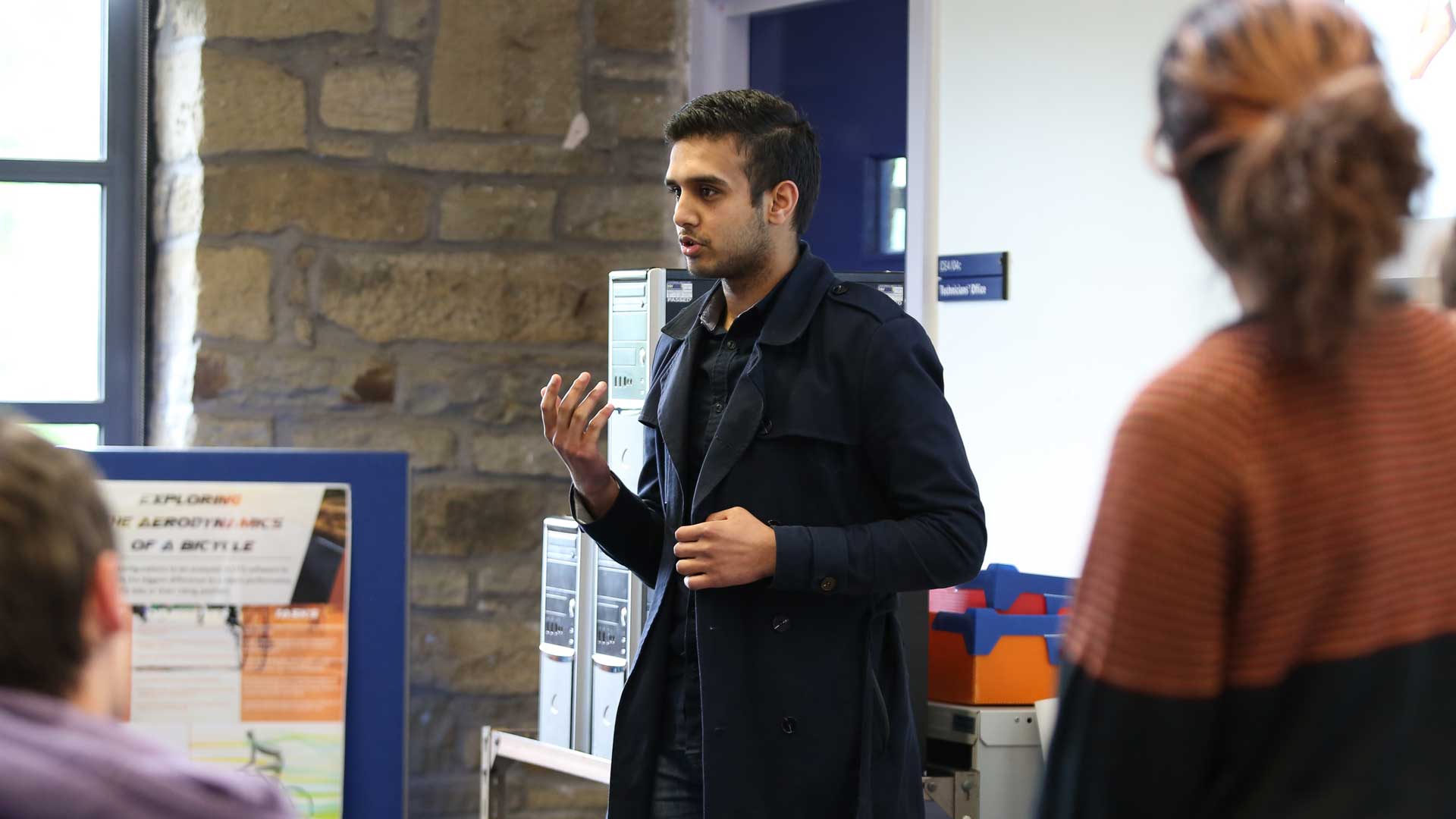
Environmental impact assessment of slaughterhouse wastewater treatment
Researchers at the University have studied how slaughterhouses, significant industrial water users, manage their wastewater and its impact on the environment. By comparing three treatment options, it was found that using advanced treatment with partial water reuse is the most environmentally friendly, producing far less pollution than basic or no treatment.
Find further information
Carbon, energy and water
We're committed to reducing the impact of our estate on climate change, reducing carbon emissions, building energy efficiency and monitoring water management.
Biodiversity
Biodiversity is an important component of our sustainability work, ensuring that we are conserving and enhancing the wildlife around us, on our campus and in the community.
Sustainability initiatives
As a university, we work to embed sustainability into every aspect of campus life, combining innovation with responsibility to contribute to a sustainable future.
Sustainable Development Goals
Click to explore our other sustainable development goal pages and get to know how we're working towards these at the University of Huddersfield.